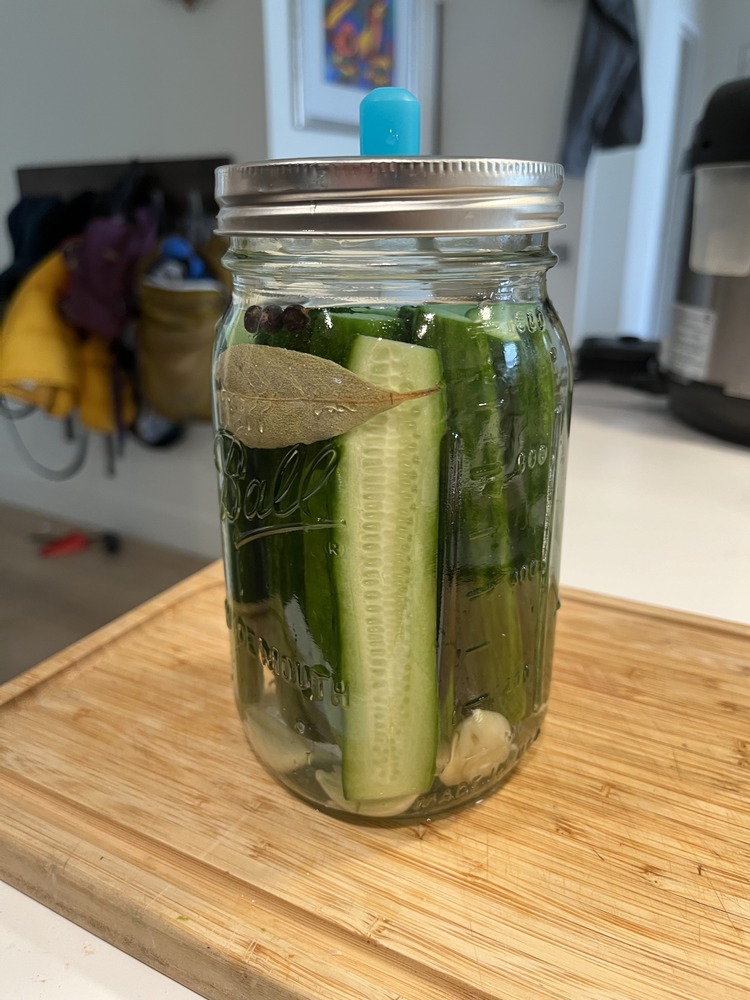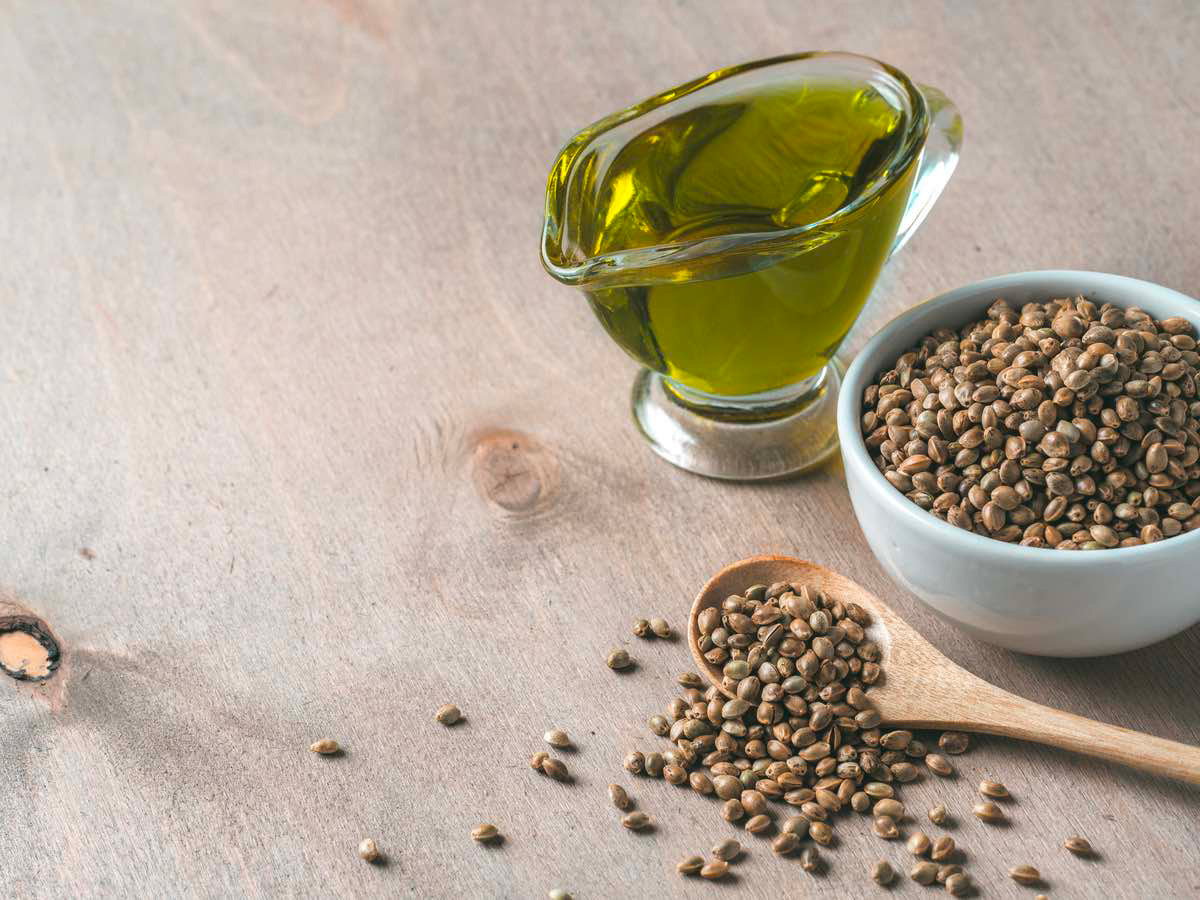
Digestive health is central to feeling good and preventing illness. Unfortunately, many people have sub-par digestion include symptoms like bloating, gas, abdominal pain, and lots of other uncomfortable symptoms that stop you from feeling good.
In addition to acupuncture there’s a lot you can start doing today to help yourself feel better.
5 things you should do to improve digestion
1. Acupressure at the acupressure point Stomach 36 can help reduce IBS symptoms. This point is one of the most important and frequently used acupuncture points. This point helps to stimulate gastric motility and can be used to treat all the IBS symptoms. I tell my patients to massage this point daily for 30 seconds. It is said that after 100 days you can see digestive and health improvement.
2. Chew 20 times. It seems too simple but the old macrobiotic rule works. Remember that digestion begins in the mouth. Chewing make the food easier for your digestive enzymes to break the food down. And saliva softens and begins digestion of carbohydrates.
3. Eat cooked foods. Cooked foods are easier to digest and break down than raw foods. In Chinese medicine, your digestion functions better when you eat cooked foods because the food has already been broken down before you start eating it. This is particularly important for people with poor digestion.
4. Breathe deeply into your abdomen. By controlling your breath you can impact your state of mind. Deep diaphragmatic breathing calms your mind and body. This helps to fully oxygenate to give your energy a boost. It also provides an internal massage for your digestive system.
5. Eat Kefir. One of the many causes of IBS is imbalance of the gut flora. Probiotic foods help to balance this out. My personal favorite is Kefir, a fermented dairy drink. It is also one of the easiest ferments to make and keep up with once you get the kefir grains.



